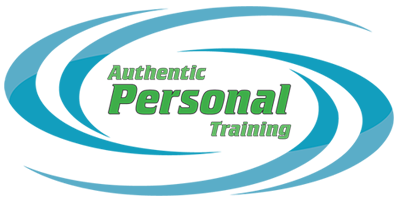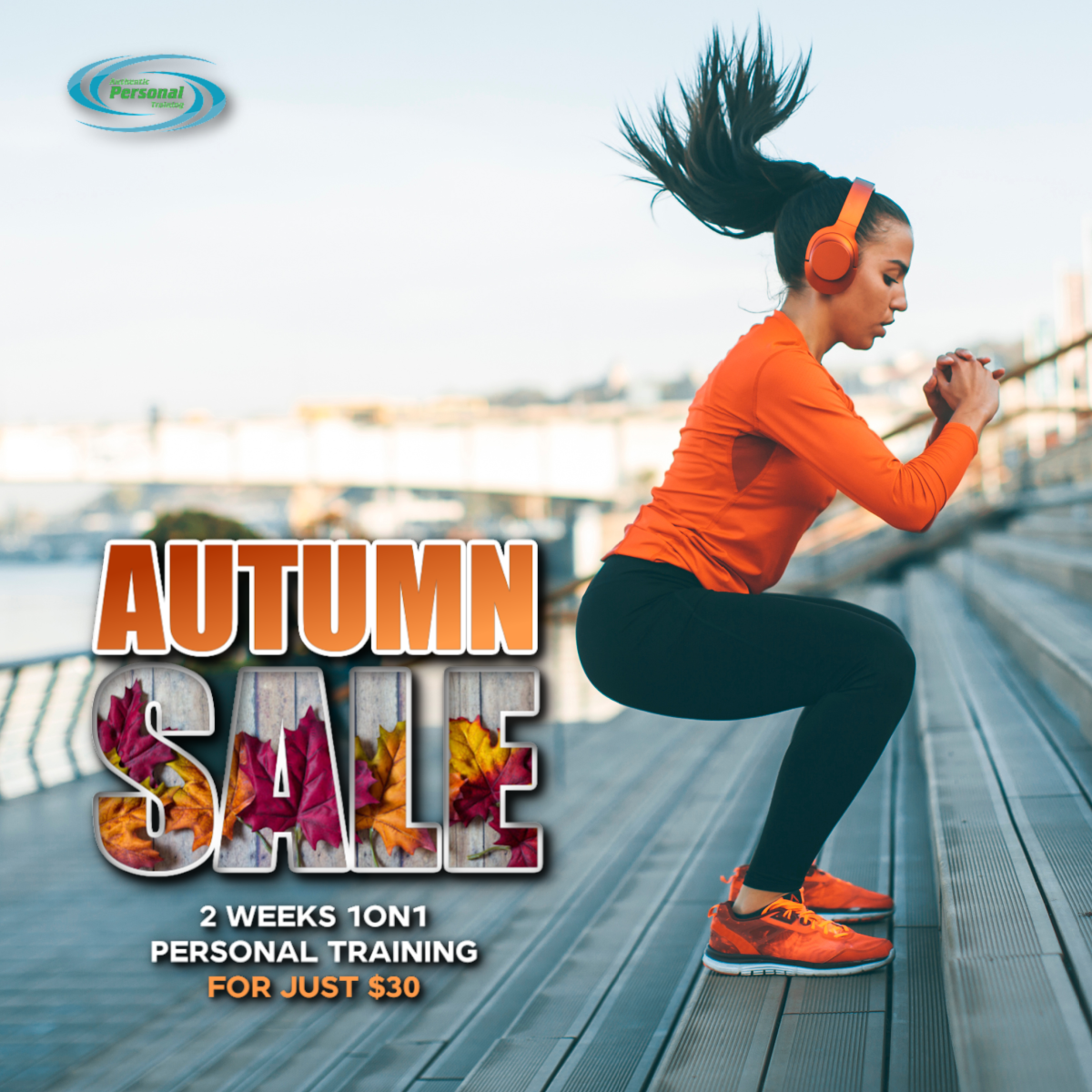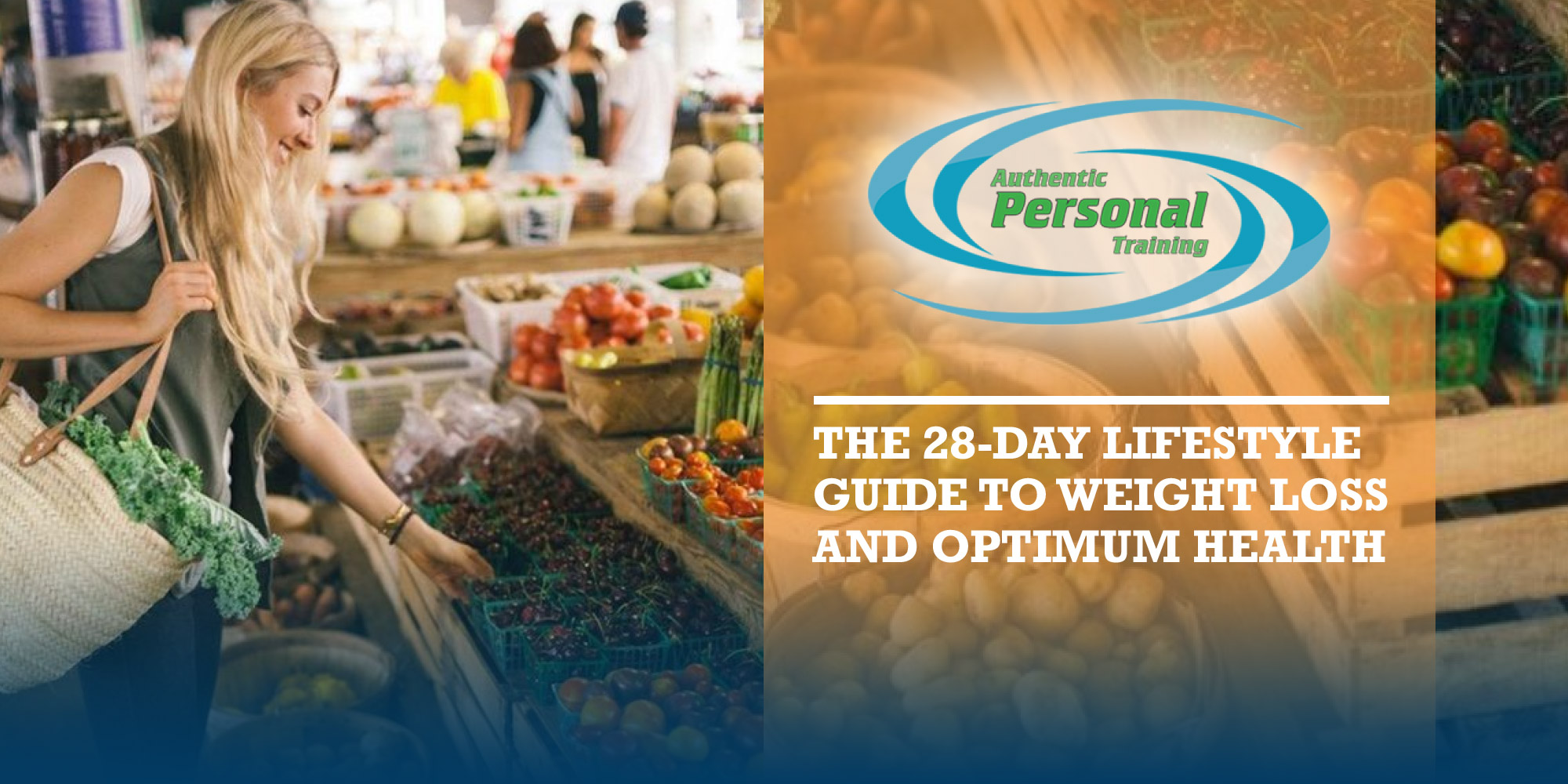Are you struggling to sleep during this Covid lockdown?
You are not alone.
With anxiety at an all-time high, many people are finding that they are struggling in the sleep department. Insomnia, sleep fragmentation and nightmares are high.
The use of aint-insomnia, anti-depressant and anti-anxiety medication have also risen. It is clear that Covid is impacting the most important part of our life in ways that we might not even realise.
At the best of times, sleep comes with a long list of health benefits.
It reduces:
- Inflammation
- Stress and
- The risk of depression.
It improves:
- Cognitive function
- The bodies ability to repair itself and
- The ability to ward off disease.
Knowing how important sleep is and needs to be in these times, it is important to do everything you can in order to get the best out of your time in bed.
Here are a few things you can implement today if you are struggling to sleep in covid.
Get The Right Light, At The Right Time
The best time to get your daily dose of sunlight during the day is between 6AM and 830AM, for at least 30 mins.
During this period, your body clock is most responsive, and you get energised from absorbing that light. A great idea would be to have your morning breakfast on the balcony or in the garden (if you have the space), or simply head out for nice walk.
At night, though, it is very easy to replace the natural light of the sun with the lights of our devices and general electricity.
We should always be looking to reduce the amount of unnatural screen light that we have in front of us towards the end of the evening.
This should occur regardless of if you are struggling to sleep during Covid or not.
Try to implement measures to reduce your exposure to (unnatural) blue light as much as you can the closer to sleep time that you are getting.
The below products will all help change/reduce the unnatural light that is around you:
- Blue light filters on screens
- Blue Light Apps
- Multi coloured LED light
- Blue-blocker glasses (cheap)
- Blue Blocker glasses (higher quality)
Pro tip: If you want to give yourself the best chance of removing the unnatural light and distractions that may impact your ability to sleep, leave your phone outside your bedroom when asleep.
Simply use an alarm clock instead.
Sleep COLD, not HOT
You may not know this, but thermoregulation is one of the major influences for your body’s sleep cycles.
15-20 degrees is the ideal ambient temperature for the body to reach ideal controlled resting temperatures. Relatively, stress also raises your bodies core temperature.
So, while you are worrying about not being able to sleep, your core temperatures rise, contributing to your inability to sleep.
Have you often woken up after a ‘hot’ sleep and feel groggy, tired and as if you had a restless night?
This is why.
You should ensure that you are not sleeping with the heater on, with too many blankets or in too many layers of clothes. You should also sleep with a window open so you can get the benefit of regular, cool, fresh air throughout the evening.
Once your body cools down and is in its preferred sleep state, it quickly acclimatises to the new temperature and you will sleep more soundly.
Time it right – thank yourself tomorrow
Our body works in cycles and has been created over hundreds of thousands of years to get optimum performance throughout its lifetime.
Our sleep cycle is no different.
Our stress glands (adrenals) rest and recharge between 11pm and 1am.
As a result, we get the best hormonal secretions and recovery between 10PM-2AM.
Melatonin production has also shown to be at its highest between 10PM to 2AM.
To maximise these physiological processes, we need to help regulate our circadian rhythms by trying to stick to a schedule. Going to bed at the same time each night allows our body to get used to these resting phases.
Combine the above with the fact that our general sleep cycles work in 90 minute increments it is always best to try and figure out how many hours we should be asleep for. The aim should be so we can ensure that we are waking up at the end of a 90 minute increment.
Pro tip – Aim to sleep for around 7.5 hours each night (5 x 90 minute sleep cycles). You will often wake up feeling more refreshed than you would if you woke up after 8. 8 hours of sleep would put you in the middle of your 6th x 90 minute sleep cycle.
Create a night routine
With the above in mind, the best way to get ensure you get the best sleep if you are struggling in Covid is to create a nightly sleep routine. This trains your body to expect to go to sleep at the same time each night (your body loves routine). as a result you are giving yourself the best chance of frequent sleep success.
How can you create a nightly routine?
Here is an example.
- 60 minutes before bed: all screens are off and everything for the next day has been finalised.
- 45 minutes before bed: warm (not hot) shower to allow your body to relax and unwind from the day gone.
- 30 minutes before bed: phone is outside the bedroom, alarm clock is set and you are in bed reading a book with a relatively low light on.
- 0 minutes before bed: book down, lights off and sleep has begun.
It is important that everything in your bedroom should be working TOWARDS your efforts for a decent sleep not HINDERING your efforts. It should be a calming, restful and quiet environment. It should be free of blinding lights, screens and distractions. It needs to be a sleep sanctuary.
If you practiced the above with frequency then you will be giving yourself a great chance to get a good night of rest. This is true of everyday life and if you have been struggling to sleep during Covid.
STOP Eating, Drinking & Exercising before bed – It is not helping!
Eating
When it comes to food, try to not eat directly before going to bed. Find that balance where you also do not go to bed hungry, perhaps only a little peckish. This prevents the possibility of your blood sugar dropping after you fall asleep. Which could lead to an increase in cortisol production and decreased melatonin.
If you also have a large meal before you sleep, whilst it may make you tired at the time, you are leaving your body with a whole lot of energy to metabolise throughout the night. This can detract from the bodies main aim of repairing and rebooting for the day ahead.
Alcohol
Alcohol consumption during Covid has increased massively. The unfortunate truth is that a lot of this drinking is occurring at the end of the day right up until sleep time.
This is not going to help if you are struggling to sleep in Covid.
Alcohol can relax you and help you fall asleep. Unfortunately, alcohol induced sleep can also result in you waking up during the night and preventing delta slow wave sleep. If you have ever had a few drinks before bed (who hasn’t), you will notice that you often fall asleep quickly. The rest of the night however, is restless, thirsty and generally not a great period of rest.
Stay away from the booze before bed. If you do, make sure that you are drinking a lot of water at the same time.
Exercise
Exercise increases the body’s internal temperature and keeps it relatively high for a number of hours. If you are looking to get the best sleep possible, you should, ideally, be looking to exercise in the morning and afternoon.
If this is not viable, you should be looking to finish your exercise 3 hours prior to bed time.
If we need our temperature to be lower in order to get the best sleep possible, it would make sense to try and keep it low in the hours before sleep occurs.
Finally, Avoid Clock Watching
One of the biggest stressors around not getting enough sleep is the actual anxiety caused when you know you should be asleep and you are not.
The brain keeps ticking over. You are thinking ‘the more awake I am now, the less awake I will be tomorrow’.
This is a natural reaction and can be a tough one to conquer.
Our best advice is to stop looking at the clock.
If you have implemented previous suggestions, created a sleep sanctuary and are observing a strong sleep routine, it will not be long before you are nodding off.
Simply try and focus the mind elsewhere. Perhaps put on some white noise and you will not be awake much longer.
Whilst the above won’t ensure that you will have all your problems fixed if you are struggling to sleep in Covid, they will certainly help.
Implement some, or all of them and you will make a difference within a week.
Want To Learn More?
Since COVID-19 entered our lives, we have aimed to deliver some great weekly information as to how you can remain healthy, productive and in good spirits. This blog post is the latest addition to a growing library of information. Click to read more on our dedicated COVID support blogs.
Over the last 5 years Authentic Personal Training has established itself as a leading health and fitness studio on the Lower North Shore. We are incredibly proud to announce that we have been voted The Best Fitness Business on The North Shore for 2019.
Join us on our Facebook page:
To book a complimentary Personal Training Session with one of Sydney’s most experienced Personal Trainers, simply fill out the form below



